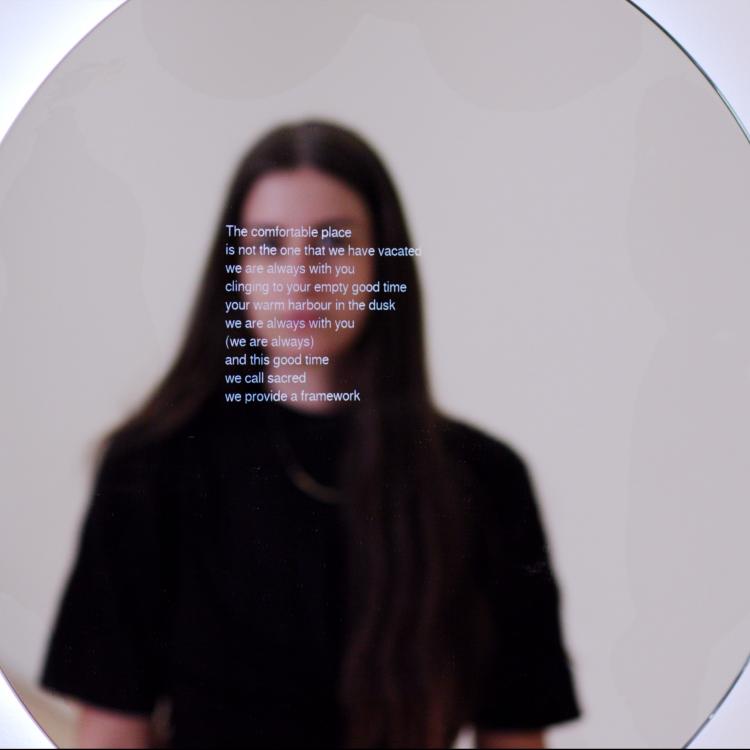Technologies emerge from a society’s cultural imagination, sparking new ways to imagine the future. Today, Artificial Intelligence (AI) – as the technical capability of a system ‘to correctly interpret external data, to learn from such data, and to use those learnings to achieve specific goals and tasks through flexible adaptation’ [1] – is formed into virtually any digital system that we draw upon to interact with each other and the world around us.
Research projects in Information Technology
Displaying 151 - 160 of 197 projects.
Save the Bees, one buzz at a time
In this project, we will use machine learning methods to diagnose the health status of bee colonies and individual bees.
Bee populations are threatened worldwide due to a number of factors, including parasites and virus infections, climate change, intensive farming, and other environmental stress factors. Australia, until recently, has been relatively protected from infections, but these are now increasingly taking place here as well.
Defining Network Quality of Service Metrics for Medical Applications
Networked digital diagnostic, monitoring and patient treatment tools permeate medical practice. A plethora of telemedicine, national and other eHealth records, injury assessment, patient-specific devices, hospital theatre equipment tools have resulted in a multi-billion dollar industry worldwide. Research suggests the application of these tools to healthcare can improve clinical workflows and patient care outcomes.
Computational Modelling of Conformity in Social Systems
Computational simulations are now widely employed to study the behaviour of social systems, examples being market behaviours, and social media population behaviours. These methods rely heavily on game theoretical modelling, usually employing populations of software agents to emulate the behaviour of human populations. Researchers construct models, usually based on known games, and empirical data, and use these to explore how the population reacts to changes. Many behaviours that are not well understood in social systems can be accurately captured and understood using these techniques.
Evolutionary Impacts of Deception
Agent-based computational simulations are now widely employed to study the evolution of behaviour, e.g., predator-prey simulations, the evolution of cooperation and altruism, the evolution of niches and food chains. These methods implement evolutionary processes in virtual populations of software agents and explore the evolution of their behaviour in diverse environments. Many behaviours that are not well understood in biological systems, that are difficult or impossible to measure in real environments, can be accurately captured and understood using these techniques.
Machine Learning and Computer Vision for Ecological Inference
"A picture is worth a thousands words"... or so the saying goes. How much information can we extract from an image of an insect on a flower? What species is the insect? What species is the flower? Where was the photograph taken? And at what time of the year? What time of the day? What was the weather like on the day the photograph was taken? This project aims to extract useful ecological and/or horticultural data from digital images by analysing their content.
New paradigms for solving Combinatorial Optimisation problems
In this project we are interested in exploring new paradigms for solving Combinatorial Optimisation problems, and generally NP-hard ones. One direction of research could consist in using approximation algorithms for deriving dual bound within a branch-and-bound algorithms. Other directions could use Machine Learning or new decompositions. This subject is generally quite open so it is important to be highly creative.
Creating subject-specific mathematical models to understand the brain
The brain is a complex machine and brain function remains yet to be fully understood. This project works at the intersection of dynamical modelling, statistical signal processing, statistical inference and machine learning to develop subject specific mathematical models of the brain that can be used to infer brain states and monitor and image the brain. This work is centred around a neurophysiological variable estimation framework we have been developing that can be applied to all kinds of brain activity recordings.
Enhancing Service User Care Pathway Experience through AI-Driven Personalisation
We are seeking a highly motivated and innovative PhD student interested in exploring the opportunities for using AI to enhance personalisation of services and resource recommendations, ultimately optimising the overall user journey. This project will improve the care pathway experience for young people and families accessing mental health services through the headspace website.
Possible approaches to addressing this challenge might include:
Interactive eating
This project explores the role of technology in facilitating playful eating experiences, developing a novel understanding of how interactive technology can – and should – be designed to promote positive eating experiences.




